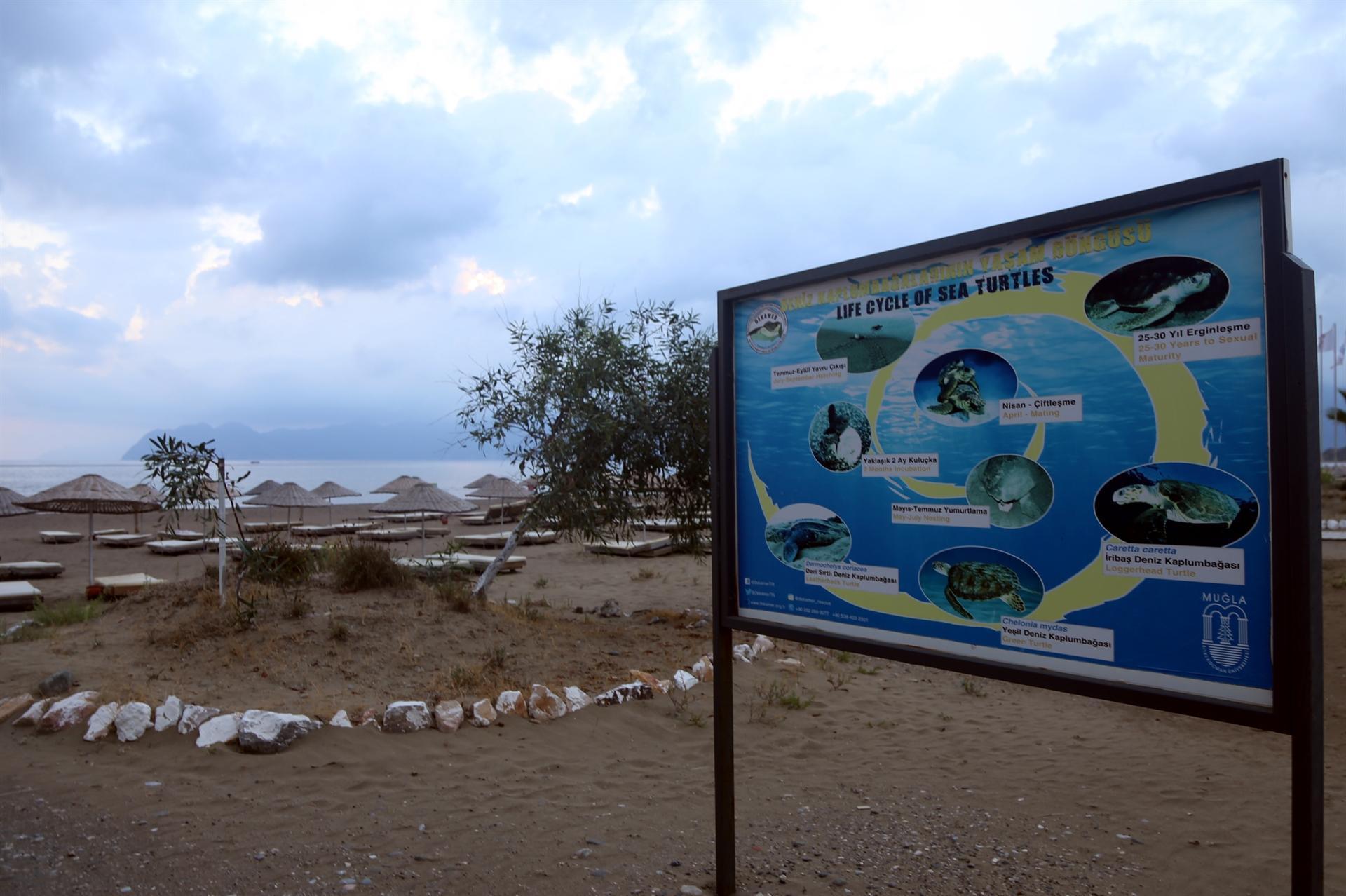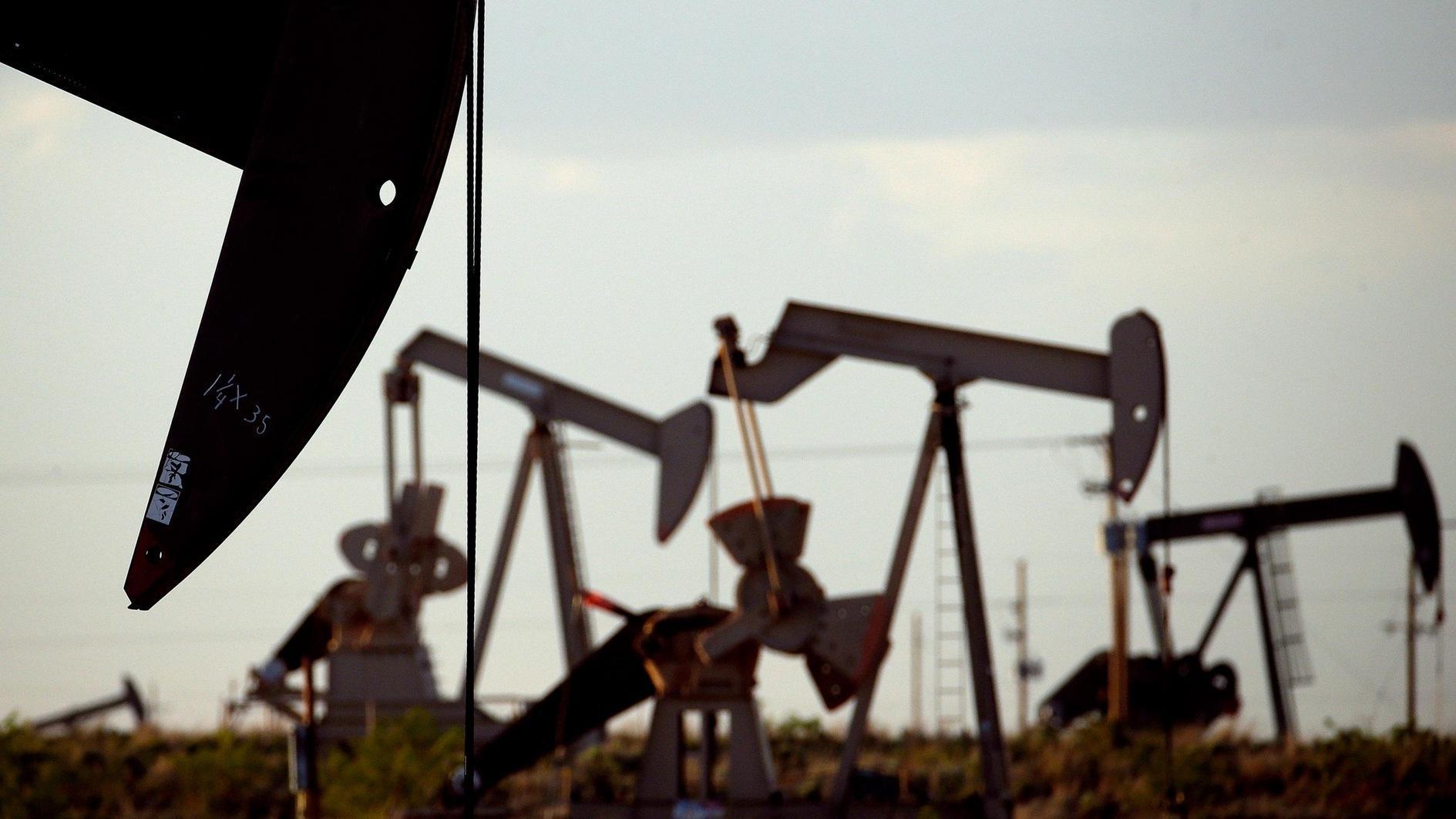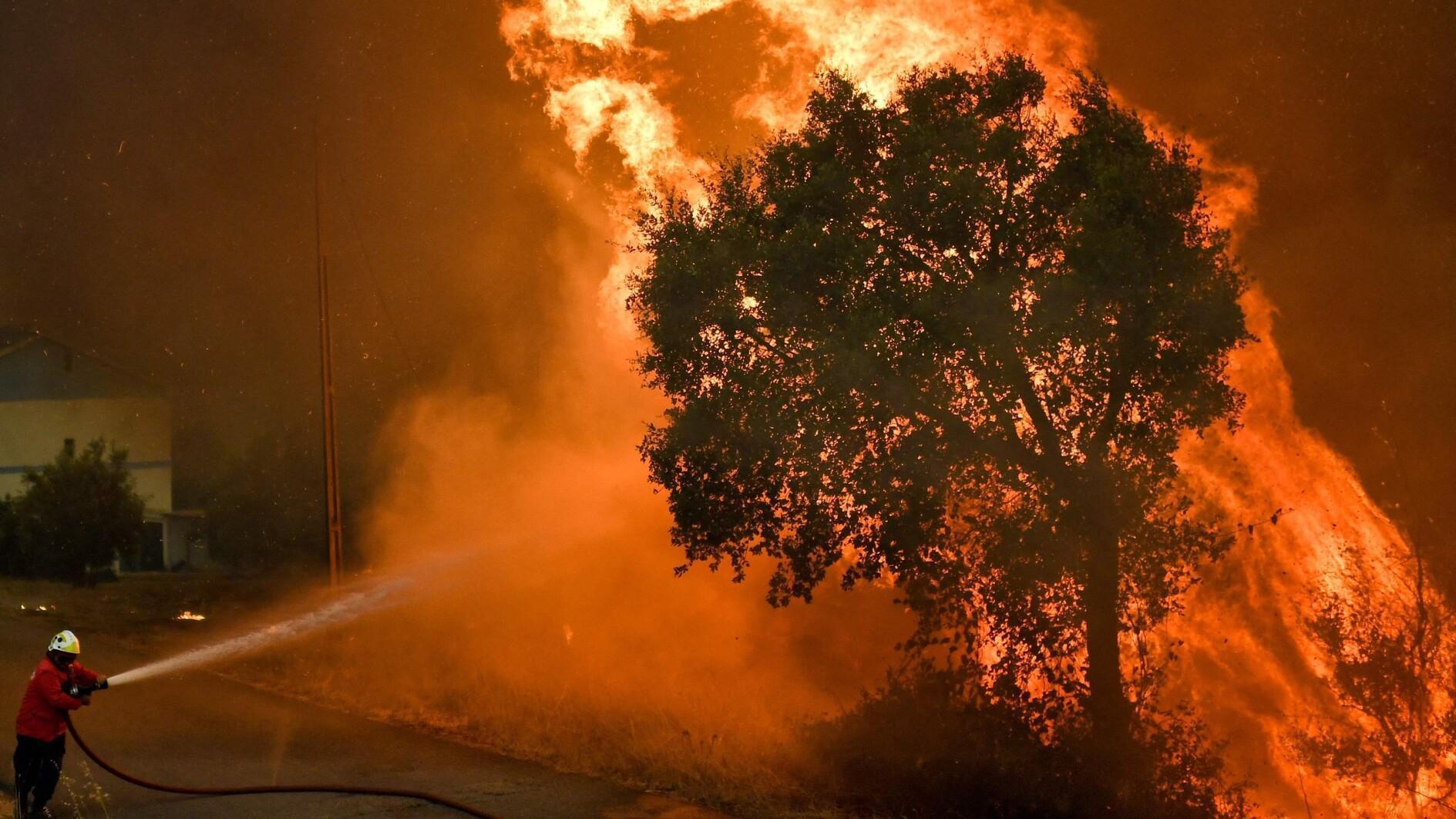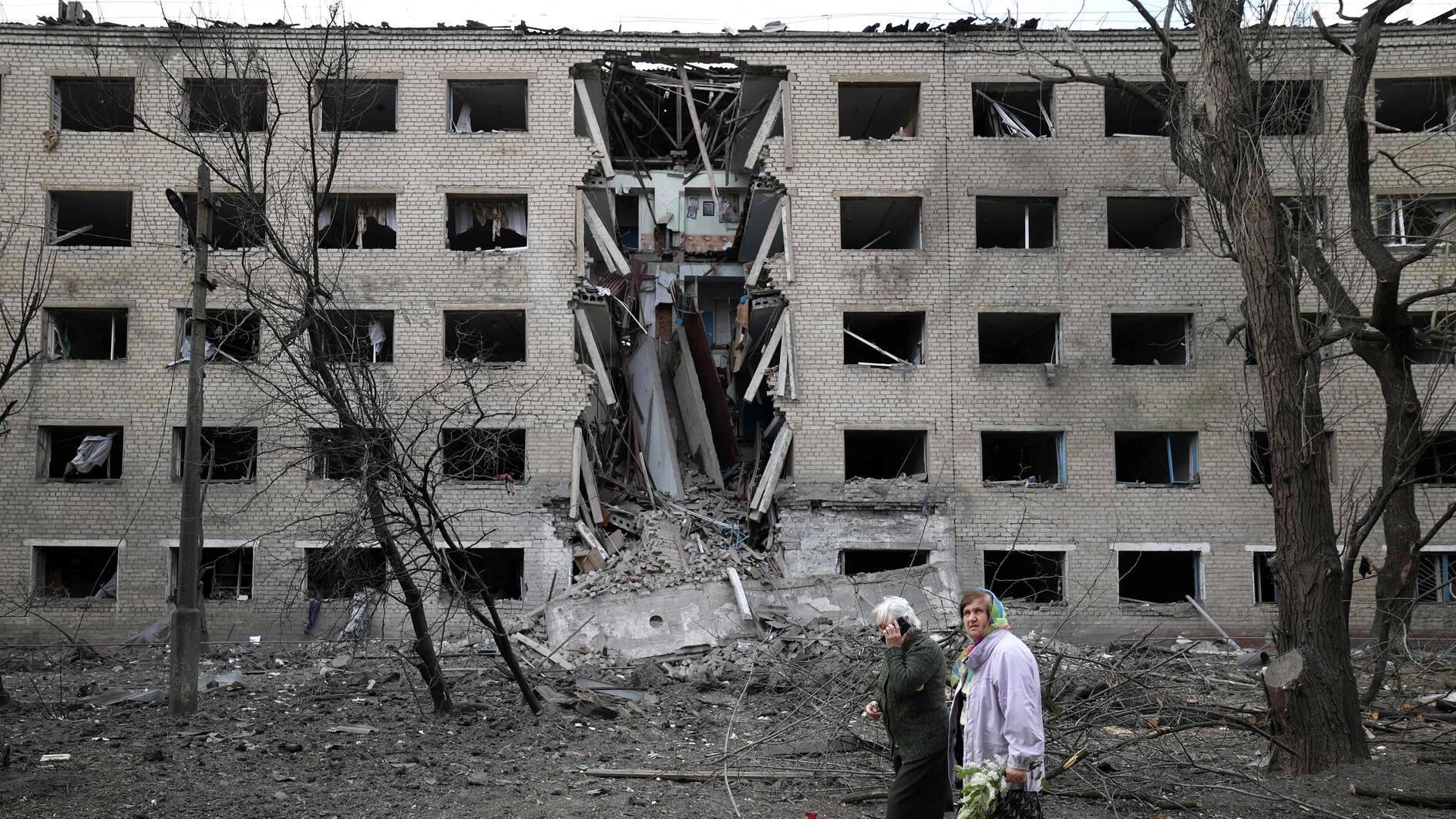Baby sea turtles crawl to sea in Turkey’s Muğla
MUĞLA – Anadolu Agency

Newborn caretta carettas which hatched in the world-famous İztuzu beach in the western province of Muğla’s Dalyan neighborhood have begun crawling to the sea.
Caretta carettas leave their eggs in 50-60-centimeter-deep holes, where they hatch in 50 days. The baby sea turtles then haul to the sand’s surface before crawling to the sea.
An endangered species in the world, the sea turtles recently completed their spawning period, which started in May and June.
Baby sea turtles put great effort to reach the sea as soon as they get hatched. The ones which have failed to do so were helped by students working for the Sea Turtles Research, Rescue and Rehabilitation Center (DEKAMER).
Those who want to see the baby turtles reach the sea apply to DEKAMER and are provided information about the animals in the center.
DEKAMER Director Yakup Kaska said İztuzu beach was one of the best reproduction fields for the sea turtles.
“The first babies reunited with the sea. We estimate that some 35,000 babies will reach the sea until the end of September,” he said.
Kaska said volunteers from almost everywhere in the world worked for DEKAMER, adding, “Volunteers are working to help keep records and follow the babies. The babies that fail to leave their eggs become very weak. We take these babies and keep them in the center for one day. Then we release them to the sea at night. Thanks to protection measures taken in the region in recent years there is an increase in the spawning grounds and the number of babies.”
Stating that there were nearly 350 nests on the beach, Kaska said “We check these nests all the time with volunteers. We expect this number to increase to 600 until the end of the season. Very few people have the chance to see it. The first caretta caretta babies reached the sea. We are sure that they will come to this beach again.”
Kaska also warned visitors to be careful on the beach.
DEKAMER project assistant Ayfer Şirin said they determined the first nest of this year on April 23 and saw the first babies in the Mediterranean two months later.
















